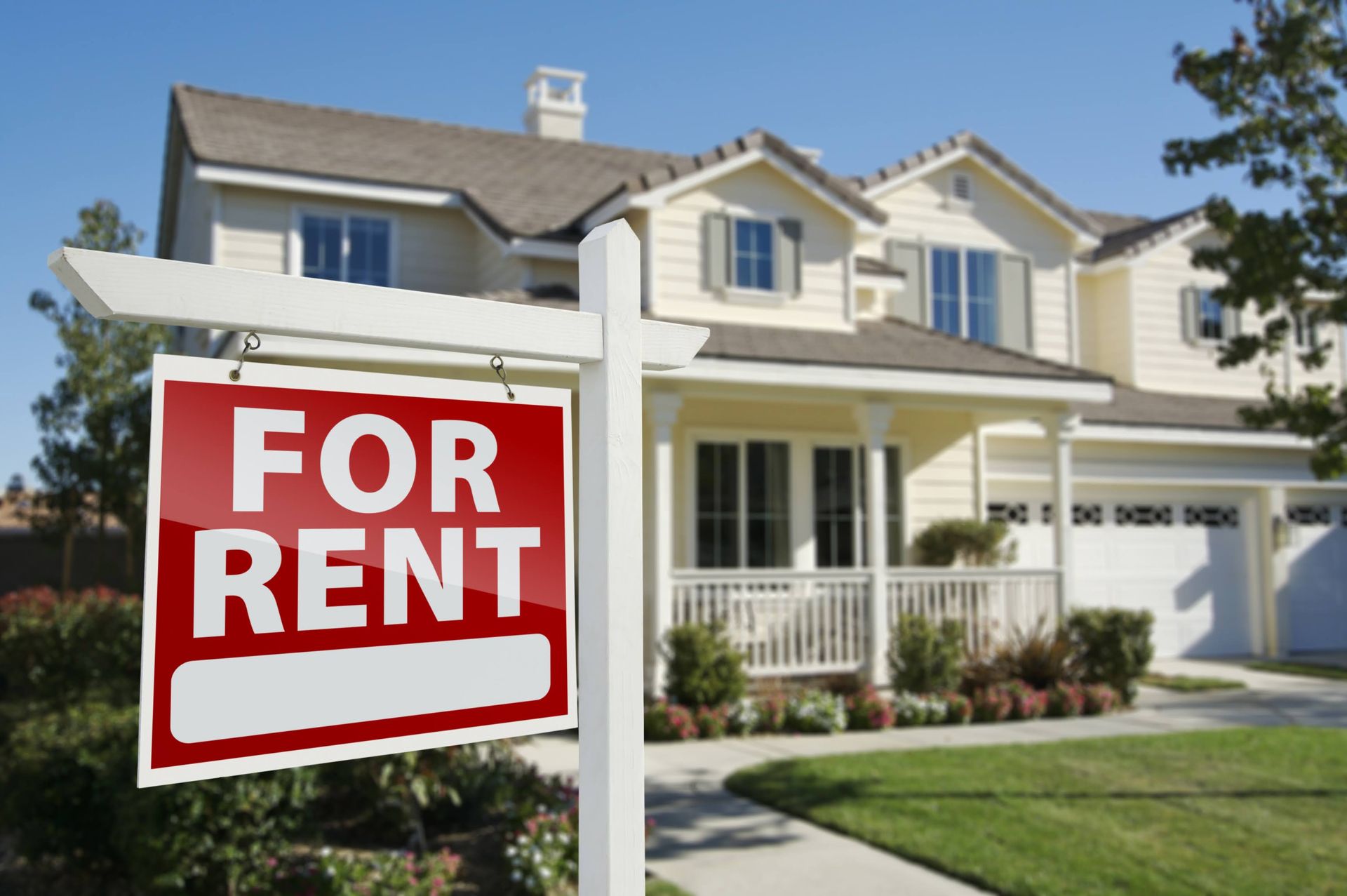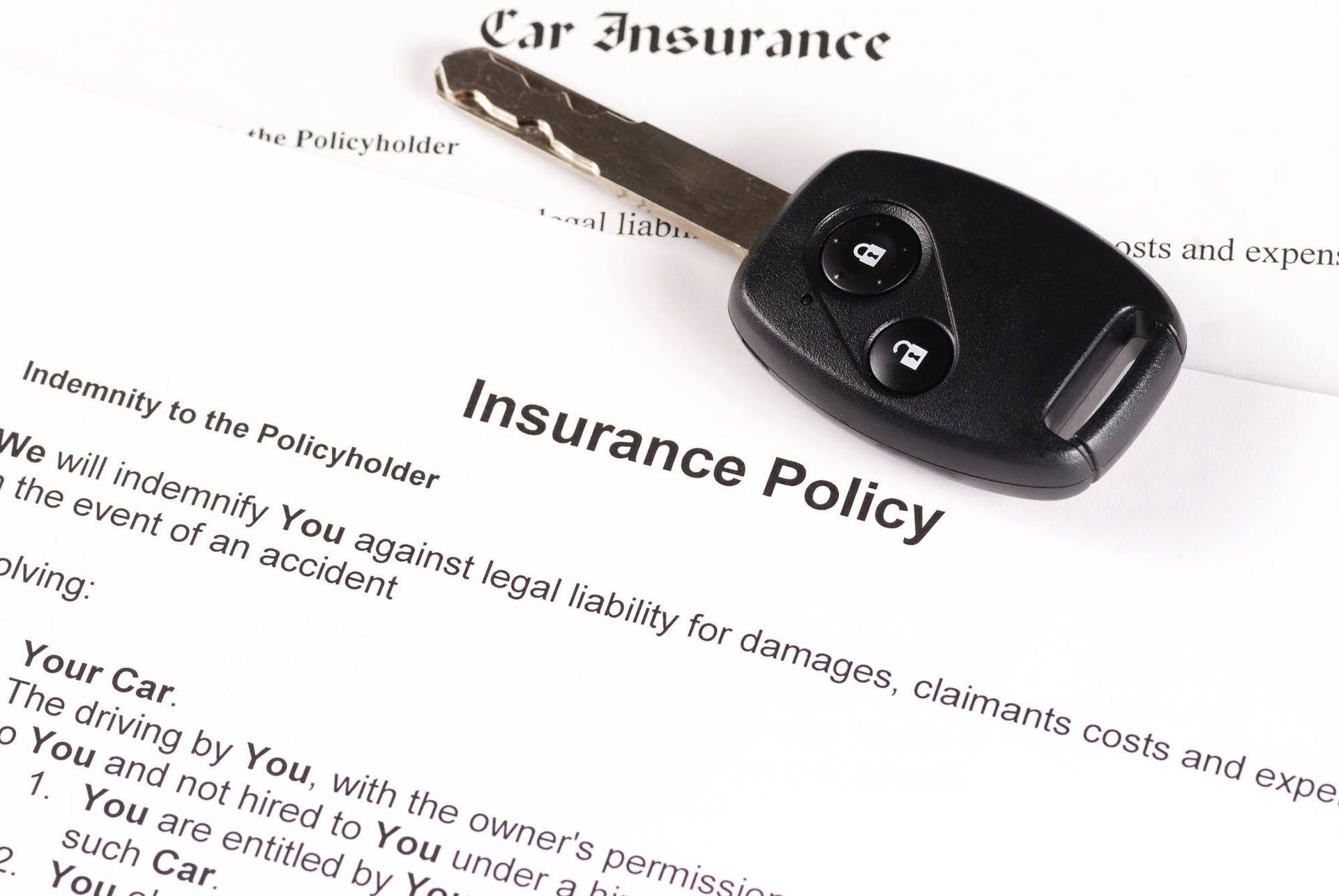Shopping for a Home? 5 Ways to Save on Insurance
- By Boostability Team
- •
- 07 Apr, 2022
- •

Are you hunting for a new home to buy? For most Americans, especially as home prices rise, keeping the other costs of homeownership under control is vital for the family budget. One such mandatory expenses is homeowners insurance. And while the average homeowner can't do much about how insurance prices ebb and flow on a national scale, you can do a few things to control costs even as you choose a home. Discover a few you might consider.
1. Buy a Well-Maintained Home
Insurers look at a number of factors, including how a property is cared for, in order to assess if extra risks of covered losses exist. If your roof is in bad shape, for instance, you have a higher risk that it will not survive a serious storm. In addition, a homeowner who does not maintain their roof might also fail to maintain their pipes, electrical system, or smoke detectors.
This means that choosing a good quality house that does not need major repairs is not only good for your workload but also for your insurance rates. And if you do buy that fixer-upper, make sure you get on the renovations soon so you can get that well-maintained home.
2. Check Crime Rates
Have you researched the crime rates where you shop for homes? If your real estate agent does not have helpful information, you can often find data through the city or county public records. Insurers who cover the structures, belongings, and people in the home like lower-crime areas just as much as homeowners and parents do.
3. Rethink That Pool
A swimming pool is considered a major risk for home insurers. The CDC
estimates that as of 2019, more than 12,000 drownings (both fatal and nonfatal) occur each year. Because this is often a covered injury, you generally pay more to insure property with a swimming pool or spa. So if you are on the fence about a home with a pool, you might want to reconsider it in favor of other options.
Swimming pools are one of a category known as attractive nuisances in insurance circles. These are potential perks by home buyer standards but which carry additional risks. Other attractive nuisances include treehouses, trampolines, and skate ramps. If you really do want a property with such an asset, proactively keep insurance costs low through other factors to compensate.
4. Boost Your Credit Score
Did you know that insurers may consider your credit history? Many states, including Minnesota, allow carriers to factor in items within your credit history, such as late payments and large debt loads, into your insurance rates. So, improving your score through debt payoff and timely payments not only helps you get a less expensive mortgage but also better insurance coverage.
5. Look for Fire Stations
The old adage about the importance of location when buying a home is true for many reasons. One often unrecognized factor is proximity to fire stations. Insurers like properties that are quick to reach in the event of an emergency — either to the property or to people on it — and so you can often get a discount by looking for a house with fire facilities close by.
Want to know more tips for choosing a piece of Minnesota real estate that will help you keep housing costs within budget? Start by meeting with Germain Insurance Agency
today. We work with a variety of insurance carriers and covered homeowners, so we can help you learn how to tailor your house hunt in the right direction. Call today to make an appointment or find answers to your questions.









